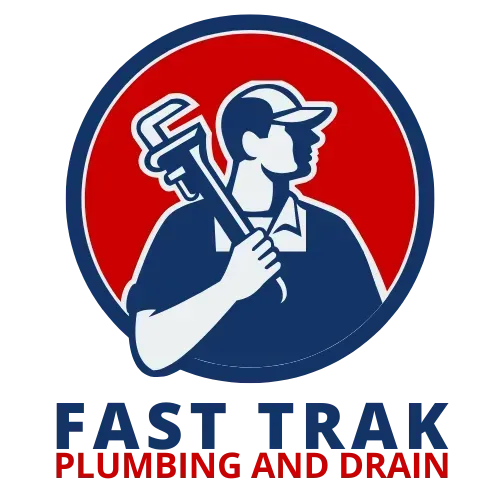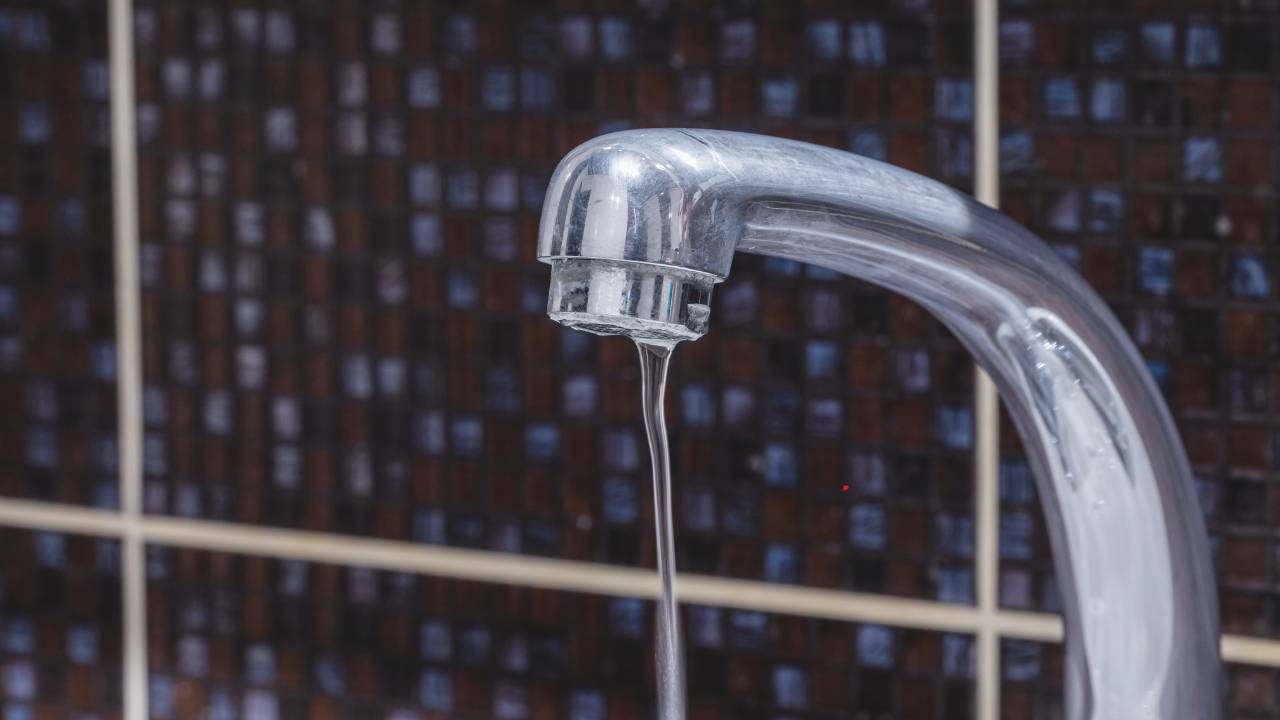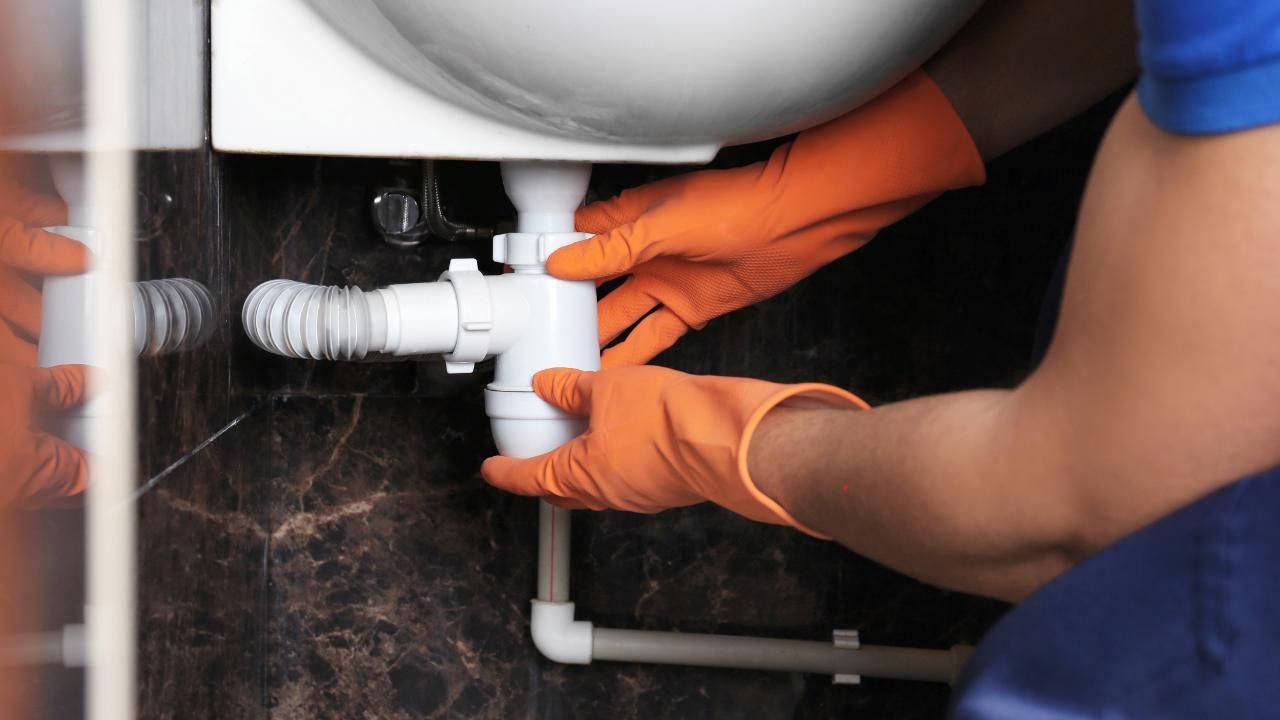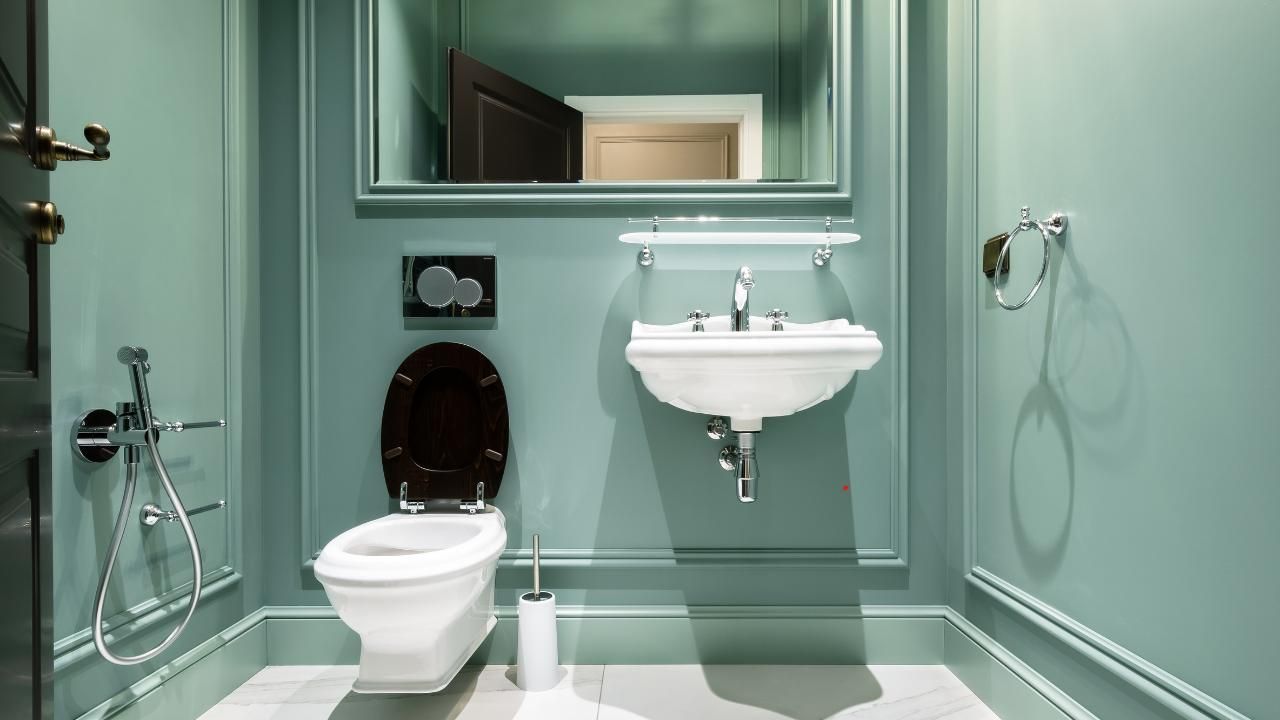How to Prevent Costly Plumbing Repairs in Older Colorado Homes
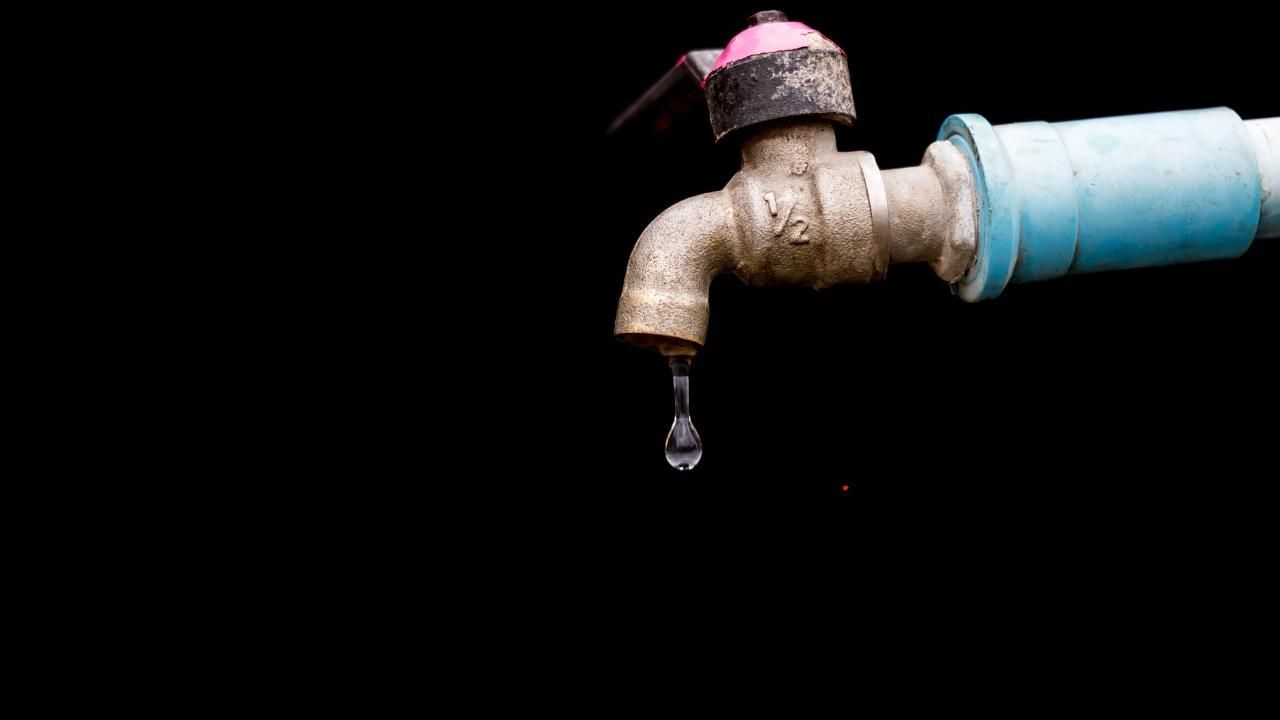
Older homes have a charm you just can’t find in newer builds. Intricate woodwork, vintage fixtures, and character-filled details give them personality—but they often come with hidden plumbing problems, too. If you live in or are considering buying an older home, preventing expensive issues like burst pipes or sewer backups starts with proactive maintenance. That’s especially true when it comes to Commerce City CO plumbing repairs, which can be more complex and expensive in historic properties.
In this post, you’ll learn the most common plumbing concerns in older homes and how to stop them before they lead to costly disasters.
Understand Your Home’s Plumbing System
First things first—know what you’re working with. Homes built before the 1970s might still have galvanized steel or cast iron pipes. While durable in their time, these materials corrode over decades and are prone to leaks and buildup.
Take these initial steps:
- Check your home’s plumbing records if available.
- Hire a licensed plumber to inspect your system, especially if your home is over 50 years old.
- Look for signs of age, like low water pressure, discolored water, or frequent clogs.
A plumbing inspection can help you spot outdated or damaged pipes and determine if partial or full repiping is necessary. Catching these issues early saves thousands in water damage and emergency calls later on.
Be Proactive About Drain and Sewer Maintenance
Old pipes mean older sewer lines too, and those can be a major source of trouble. Tree root intrusion, pipe collapse, or decades of buildup can block your main sewer line—and once that happens, repairs aren’t cheap.
Preventative steps you can take:
- Schedule regular drain cleanings every 1–2 years.
- Install mesh screens in sink and shower drains to catch debris.
- Avoid flushing anything but toilet paper, even products labeled “flushable.”
If you suspect an issue—like slow drains or frequent backups—get a video inspection. This can reveal whether you need a main line replacement or if a smaller repair will suffice. Remember, early detection keeps costs down.
Upgrade Fixtures and Water Appliances
Old plumbing fixtures often leak or operate inefficiently, wasting water and putting stress on your pipes. Modernizing your faucets, showerheads, and toilets isn’t just about aesthetics—it also prevents long-term damage.
Consider upgrading if you notice:
- Faucets with constant dripping
- Toilets that run long after flushing
- Showerheads with weak or uneven spray
New fixtures are designed for both performance and efficiency. Better still, they help you spot deeper problems. For instance, a leaking faucet might point to high water pressure—a common issue in older homes that can burst aging pipes over time.
Insulate and Protect in Winter
Frozen pipes are one of the most expensive plumbing disasters homeowners face. If your house has minimal insulation or exposed pipes in crawlspaces, garages, or basements, you’re at higher risk.
Protect your home by:
- Wrapping exposed pipes with foam insulation sleeves
- Letting faucets drip during freezing temperatures to keep water moving
- Sealing drafts in walls and around windows that let cold air in
Prevention here is simple and low-cost compared to dealing with a burst pipe in January.
Case Study: Smart Prevention Pays Off
A Commerce City homeowner with a 1940s bungalow noticed a faint sewage smell and called Fast Trak Plumbing and Drain. A video camera inspection showed tree roots invading the sewer line. Instead of waiting for a full backup, they scheduled a trenchless repair—saving thousands compared to an emergency Commerce City CO plumbing repairs call and full excavation.
Older homes don’t have to come with plumbing headaches. With regular maintenance and a trusted plumbing partner in Colorado, you can enjoy the charm of your home without the constant worry. Don’t wait for signs of failure—plan ahead, upgrade smartly, and protect your investment.
Ready to make sure your home’s plumbing is in top shape? Contact us today to schedule an inspection and keep costly surprises at bay.
